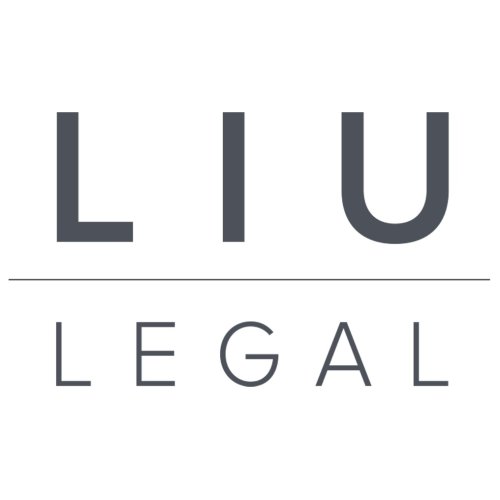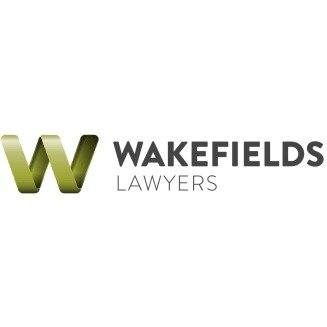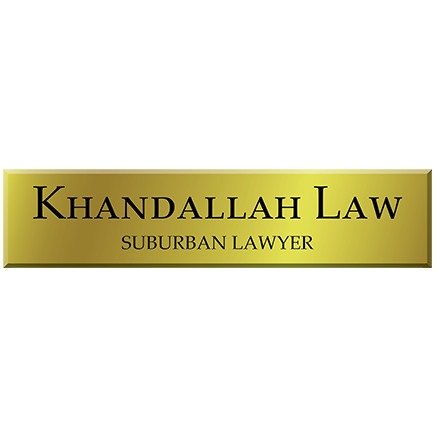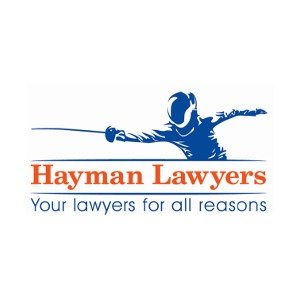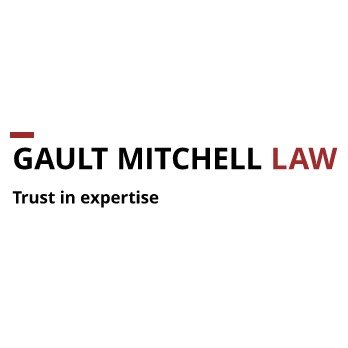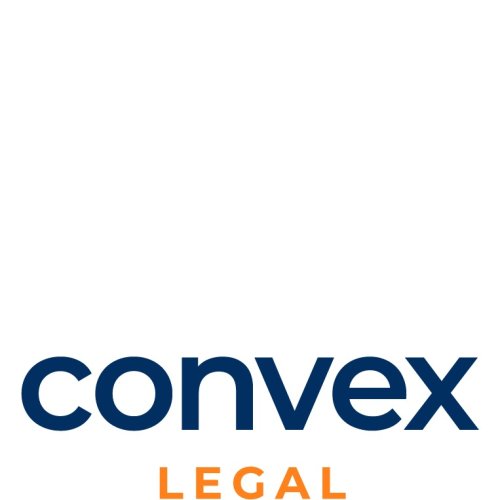Best Real Estate Lawyers in Wellington
Share your needs with us, get contacted by law firms.
Free. Takes 2 min.
Free Guide to Hiring a Real Estate Lawyer
List of the best lawyers in Wellington, New Zealand
About Real Estate Law in Wellington, New Zealand
Real Estate law in Wellington, New Zealand, encompasses a wide range of legal issues related to the ownership, use, and transfer of land and properties. Wellington, the capital city of New Zealand, has a vibrant real estate market characterized by its picturesque landscape, diverse architecture, and fluctuating property values. The laws governing real estate in Wellington are designed to ensure fair transactions, protect land ownership rights, and cater to the unique challenges of urban development in this area.
Why You May Need a Lawyer
There are several scenarios in which you might require legal assistance in the field of real estate. These include:
Property Transactions: Buying or selling a property involves complex legal paperwork and negotiations. A lawyer can help ensure that the terms are fair and the contract is binding.
Title Disputes: Issues may arise regarding the validity of property titles or encumbrances that need to be resolved through legal channels.
Tenancy Agreements: Landlords and tenants may require legal advice to understand their rights and obligations under rental agreements.
Development and Zoning: Legal guidance is often needed for property development, including understanding zoning laws, obtaining necessary permits, and navigating environmental regulations.
Inheritance and Estate Settlements: Lawyers can assist with the complex processes involved in managing and transferring property through inheritance.
Local Laws Overview
Wellington's real estate laws are influenced by national legislation as well as specific local regulations. Some key aspects include:
The Resource Management Act (RMA): This is a significant piece of legislation that guides planning and environmental considerations, crucial for property development in Wellington.
Building Act and Codes: Regulates construction standards to ensure buildings are safe and sustainable.
The Property Law Act: Governs many aspects of property transactions, including leases and mortgages.
Local Council Bylaws: Wellington City Council has specific bylaws affecting property use, parking, noise, and other municipal concerns unique to the area.
Understanding these laws is critical for anyone involved in real estate, as they can directly impact property use, development potential, and transaction validity.
Frequently Asked Questions
What is the process for buying property in Wellington?
Purchasing property in Wellington typically involves finding a suitable property, making an offer, conducting due diligence (including title search and building inspection), finalizing the agreement through a sale and purchase agreement, and completing the settlement process.
How do I resolve a dispute with my landlord or tenant?
For tenancy disputes, you can access services from the Tenancy Tribunal, which provides a legal platform for landlords and tenants to resolve conflicts in a formal setting.
What are the costs involved with buying real estate?
Besides the purchase price, costs may include legal fees, Land Information New Zealand (LINZ) registration fees, property valuations, inspection fees, and potentially mortgage-related expenses.
What is a LIM report, and why is it important?
A Land Information Memorandum (LIM) report provides information on a property held by the local council. It’s important because it can reveal issues such as zoning, compliance with building codes, and any planned infrastructure changes that might affect the property.
Can foreign nationals buy property in Wellington?
Yes, but there are regulations under the Overseas Investment Act that may require approval from the Overseas Investment Office (OIO), particularly for sensitive lands or high-value properties.
How are property taxes and rates managed in Wellington?
Property owners are required to pay municipal rates, which are used to fund local services. These rates are typically based on the capital value of the property.
What permits do I need for construction or renovation?
Building consents are required for most construction work. Depending on the project, resource consent may also be necessary, especially if the work affects the environment or historical features.
How can I check if a property is prone to flooding?
Check with the Wellington City Council for flood map information, or review the property’s LIM report, which will include data on flood risk zones.
What does freehold and leasehold ownership mean?
Freehold ownership means owning the land and any structures on it indefinitely. Leasehold means you own a building or part of it but lease the land from the landowner.
What should I know about earthquake-related assessments?
Given Wellington's seismic activity, building assessments for earthquake resilience are essential. Properties may require structural reinforcement if identified as earthquake-prone.
Additional Resources
The following resources can provide invaluable assistance when seeking legal advice on real estate in Wellington:
Wellington City Council: Provides information on local bylaws, zoning, and building permits.
Tenancy Services: Offers resources and dispute resolution services for landlords and tenants.
Real Estate Authority (REA): Ensures that real estate transactions are conducted ethically and offers guidance on property matters.
Law Society of New Zealand: For finding registered real estate lawyers who can provide specialized legal assistance.
Next Steps
If you find yourself needing legal assistance in real estate, consider taking the following steps:
Contact a Lawyer: Reach out to a lawyer who specializes in real estate law to discuss your situation. Initial consultations can help you understand your legal standing.
Gather Documentation: Collect all relevant documents, including previous legal agreements, property titles, LIM reports, and correspondence related to the issue at hand.
Understand Your Needs: Identify the specific legal advice or action you require, whether it’s drafting a contract, resolving a dispute, or understanding your rights.
By taking these steps, you can better navigate the complexities of real estate law in Wellington and make informed decisions regarding your property interests.
Lawzana helps you find the best lawyers and law firms in Wellington through a curated and pre-screened list of qualified legal professionals. Our platform offers rankings and detailed profiles of attorneys and law firms, allowing you to compare based on practice areas, including Real Estate, experience, and client feedback.
Each profile includes a description of the firm's areas of practice, client reviews, team members and partners, year of establishment, spoken languages, office locations, contact information, social media presence, and any published articles or resources. Most firms on our platform speak English and are experienced in both local and international legal matters.
Get a quote from top-rated law firms in Wellington, New Zealand — quickly, securely, and without unnecessary hassle.
Disclaimer:
The information provided on this page is for general informational purposes only and does not constitute legal advice. While we strive to ensure the accuracy and relevance of the content, legal information may change over time, and interpretations of the law can vary. You should always consult with a qualified legal professional for advice specific to your situation.
We disclaim all liability for actions taken or not taken based on the content of this page. If you believe any information is incorrect or outdated, please contact us, and we will review and update it where appropriate.
Browse real estate law firms by service in Wellington, New Zealand
Wellington, New Zealand Attorneys in related practice areas.




